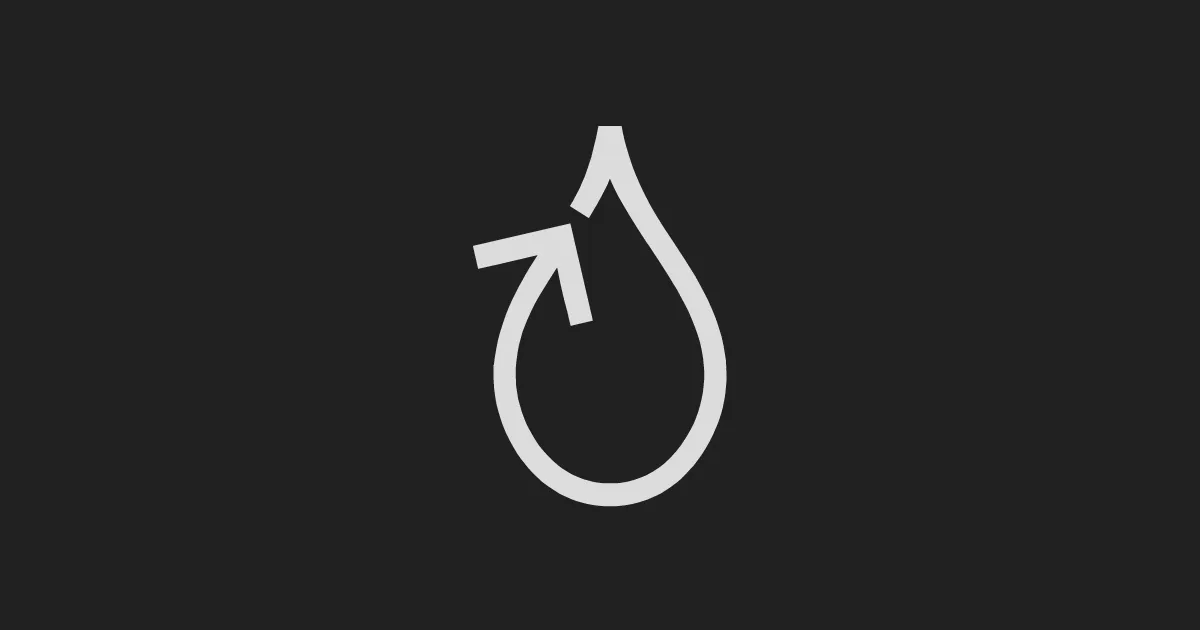Begin Again. And Again.

The alarm goes off and your first thought isn’t the day ahead — it’s the habit you didn’t keep yesterday. The yoga mat lies unrolled, accusatory. The climbing shoes mock you from the corner. The journal lies open on a list, each line another unstarted self. Sifting through the sediment of these abandoned starts, you’ve become an anthropologist of your own intentions.
Most people treat starting as a one-time event — a curtain-raising moment meant to carry enough momentum to last for months. But beginning isn’t theater. It’s a practice, a daily act of unreasonable faith that what you’re doing matters, especially when you don’t feel like doing it.
The machine trains us to think in terms of streaks and systems, optimisation and efficiency. We've been sold the idea that successful people are those who never break the chain, who maintain perfect consistency through sheer willpower. This is a beautiful lie that keeps us trapped in cycles of shame and absurd overcorrection every time we stumble — as if missing Wednesday means you should give up until January.
The truth is less glamorous: successful habits are built on the radical act of trying again. Without the luxury of feeling ready, without waiting for perfect conditions.
You don’t need to be the person who meditates for twenty seven minutes — you need to be the person who sits down. You don’t need to be the person who’s in bed by ten every night — you need to be the person who switches off the first light. The gap between intention and action isn’t bridged by motivation, but by refusing to negotiate with resistance.
Most of us stumble because we spend our energy planning the start instead of stepping into it. We’ve confused imagining the habit with inhabiting it, as if vision and practice called on the same muscle. They don’t. Planning is about control and the comfort of foresight. Formation is about showing up to the edge, again and again, until presence there feels more natural than avoidance.
The resistance you feel isn’t proof you’re doing something wrong. It’s proof you’re doing something that matters. Your psyche doesn’t distinguish between physical danger and psychological growth — both trigger the same alarm system that once kept your ancestors alive. The part of you that urges scrolling instead of sitting with your thoughts isn’t sabotaging you; it’s trying to keep you safe in a world where safety often means staying exactly where you are.
But safety isn’t the point. Living is.
Try this: Strip your habit down to the smallest possible beginning. If you want to write, don’t commit to pages — commit to opening the document. If you want to exercise, don’t commit to a workout — commit to changing your clothes. If you want to do yoga, don’t commit to an hour’s practice — commit to unrolling the mat. Make beginning so easy it feels absurd to refuse. Lay things out the night before. Remove every scrap of friction between you and that first micro-step. The goal isn’t to do more; it’s to make starting unavoidable.
There’s something almost mystical about the moment of starting — not the fantasy we rehearse in our heads, but the instant you stop thinking and move. It’s the difference between standing at the edge of cold water and taking the first step in. One is theory. The other is living.
The people who seem effortlessly consistent aren’t drawing on a secret reserve of willpower. They’ve made peace with beginning badly, beginning tired, beginning without enthusiasm. They know the quality of the beginning matters less than the fact of it.
The morning you don’t feel like starting isn’t the morning you’ve failed. It’s the morning your practice becomes real. Anyone can begin when they’re inspired. But the unreasonable life — the life that refuses to wait for perfect conditions — begins when inspiration is nowhere to be found.
Ask yourself:
- What part of you still believes that safety lies in postponement?
- When did hesitation begin to feel more comfortable than desire?
- What would you change if you knew you could begin again tomorrow?
Beginning again and again is not about erasure or starting over. It’s about recognising that every moment holds the possibility of a different choice. That yesterday’s failure doesn’t have to author today’s story. That beginning isn’t just about the act itself — it’s about becoming the kind of person who shows up to their own life, regardless of how they feel about it.
The tide doesn’t apologise for pulling back. It withdraws, regathers, and returns with force. Out, in, out, in — relentless, patient, unstoppable. This is what we’re actually practicing when we practice beginning: not a single heroic effort, but meeting every wave as it comes, until beginning is no longer something we do but something we are.